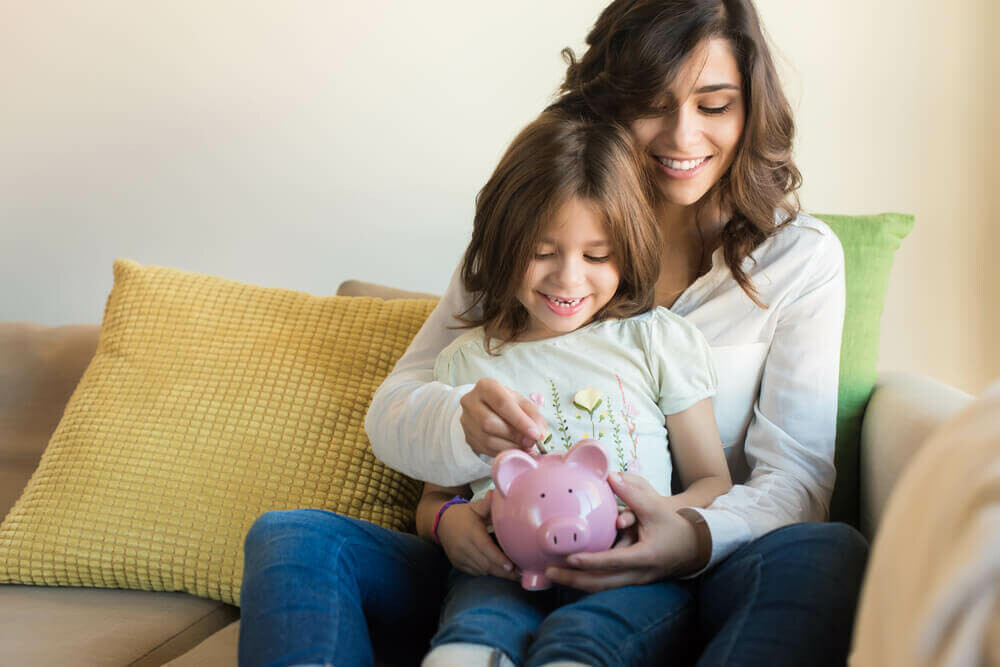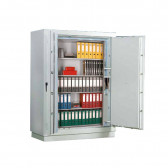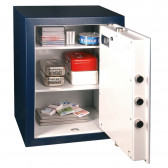When we become parents, we stop thinking only about our own needs, goals and dreams. We focus on the needs of the child. Naturally, securing their future is becoming more and more important. We suggest how to take care of it – by saving or the other way round?
Saving or investing?
There are two options – investing, which gives you the chance to significantly increase your capital, but with a relatively high risk and saving, which means accumulating capital. Without risk, but without multiplying it.
Saving is fundamental, because without it there is no question of investing. The key, however, is to put money aside systematically. You can put aside larger amounts from time to time when you have free money, but it is much better to simply accumulate small sums on your account. Why? Because even small amounts, put aside regularly, will not strain the household budget, and after 18 or 25 years they will be a considerable cash injection – even if they are not multiplied.
If you do not have extensive financial knowledge, but still want to invest for your child's future, you can seek professional help from financial advisers. It is the advisors' task to ensure that investing is not complicated and that the instruments chosen help to predict real profits and protect assets from inflation. Moreover – investing should be cheap enough not to nullify the effect and flexible enough so that you can always withdraw the money collected.
You may be interested in: Maintaining liquidity at all costs? A savings portfolio in the age of the coronavirus pandemic
Why take the challenge?
Being a parent, we don't know what our family's life will be like in 15, 20 or 25 years. However, the money put aside during that time will be a great support when we send our child to their dream studies (also abroad) or when our child decides to become independent. This money will be perfect as e.g. an own contribution, when your son or daughter will apply for a loan for a house or flat. By putting money aside with a child's future in mind, we also ensure comfort when an unforeseen situation arises. The accumulated funds can be a lifeline when we have to face an accident or a serious illness.

The calculus is simple – putting aside just 100 PLN a month, after 18 years we will have collected over 20 thousand PLN. If we decide to accumulate funds from the 500+ programme, assuming that it does not change its rules, by the child's 18th birthday we will have accumulated 108 thousand zlotys. Of course we have to take inflation into account, but nevertheless we can see how in a relatively easy way we can accumulate a decent amount to start with. However, if you want to protect yourself against loss of capital value, it is worth diversifying your savings. They can be invested in the form of bullion, jewellery, numismatic items, artwork, etc., and all valuables can be stored in safe safes designed for this purpose.
Read also: Stable vintage numismatic market even in times of pandemic – how to tap its potential?
Financial education
Investing in a child's future means not only accumulating capital, but also financial education. Unfortunately, this area of knowledge is often neglected, which is why Poles struggle with financial problems. Learning to manage money wisely, to make rational financial decisions, and to understand what investing or making conscious purchase decisions is all about are competences which are no less important than money itself.
Young people who are able to look for effective ways of earning money, who can distinguish between real needs and whims, who are enterprising and not afraid of challenges, certainly have a better chance of success than those who will receive capital from their parents "as a gift", but will not know how to manage it wisely. For this reason, it is advisable to educate your children from an early age and explain to them basic things such as where money comes from, what it is worth spending it on, how credit and loans work and what financial risk really is. Although the subject of finance is not the easiest one, it is worth talking to your children from an early age and educating them in the spirit of entrepreneurship. Fortunately, there is no shortage of books on the market, as well as blogs and websites that support parents in passing on this extremely valuable knowledge to their children in an attractive and accessible way.
We address this issue in the article: Safe for a child. Is it worth teaching children to take care of their finances?
Looking for a way to safely put away your savings? Check out Hartmann Tresore's range of safes and choose a model that will effectively protect your capital.





